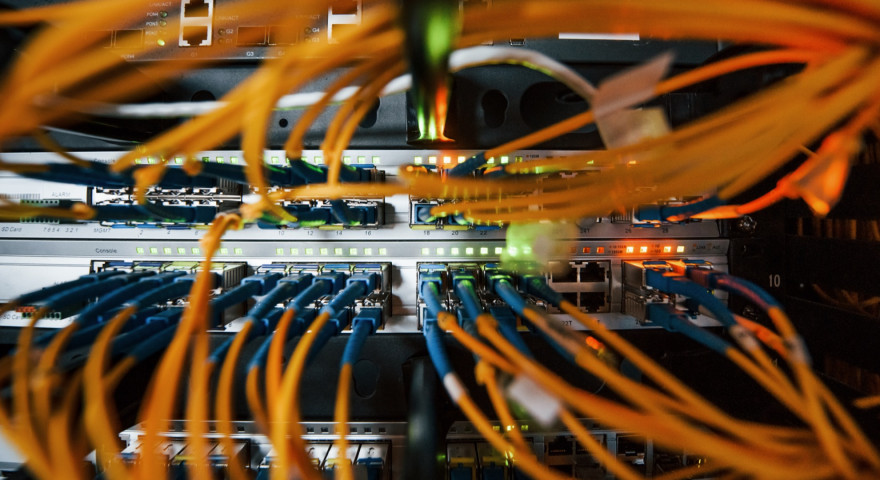The most recent HTTP upgrade, HTTP/2, was created by the Internet Engineering Task Force (IETF) to address HTTP/1.1's drawbacks. To keep up with the quick expansion of websites, it offers a much-needed update in terms of security, performance, and dependability.
If you're already familiar with HTTP/1.1, you know that it's a base protocol that establishes the structure and operation of the World Wide Web.
The legacy HTTP/1.1 implementations may have some restrictions because websites today need to load a vast number of files. The increase in latency (the length of time it takes for a packet to go from one network to another), which slows down web pages, is one of the dreaded constraints.
Introducing HTTP/2, a fix for HTTP/1.1's issues, and more.
It outlines the formatting and delivery of digital communication between web servers and browsers.
How is HTTP/2 making the website faster?
Instead of communication between humans, there is machine communication.
HTTP/2 is a binary protocol, in contrast to earlier ones that were text-based. In essence, HTTP/2 speeds up connections between the server and browser, in contrast to prior protocols, which were designed to be readable by humans. It increases accuracy, speed, and efficiency.
It allows the simultaneous transfer of multiple files.
The transmission of files to the website is much more effective and quick because of HTTP/2's ability to establish several connections concurrently.
It implements server push.
A method known as "Server Push" allows the server to anticipate the files that a browser will need before the browser requests them.
As a result, it accelerates the process of providing the website with the resources it needs to load.
OR
By using a method known as "Server Push," the server can anticipate the files a browser will need before the browser requests them.
It expedites the process of giving the website the resources it requires to load as a result.
Facilitates Optimization
Header compression is a technique that dramatically reduces the time it takes for HTTP/2 to establish a connection between the server and the client. This is especially when we take into account mobile devices, which have a problem with slower internet connections and require data to load the page to be fetched from many servers.
We at Capital Numbers are constantly searching for the most effective, dependable, and affordable solutions for our clients, and when it comes to accelerating WordPress websites, we think HTTP/2 is one of the better options.


